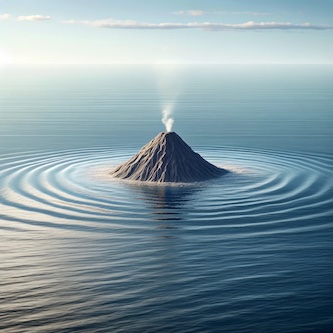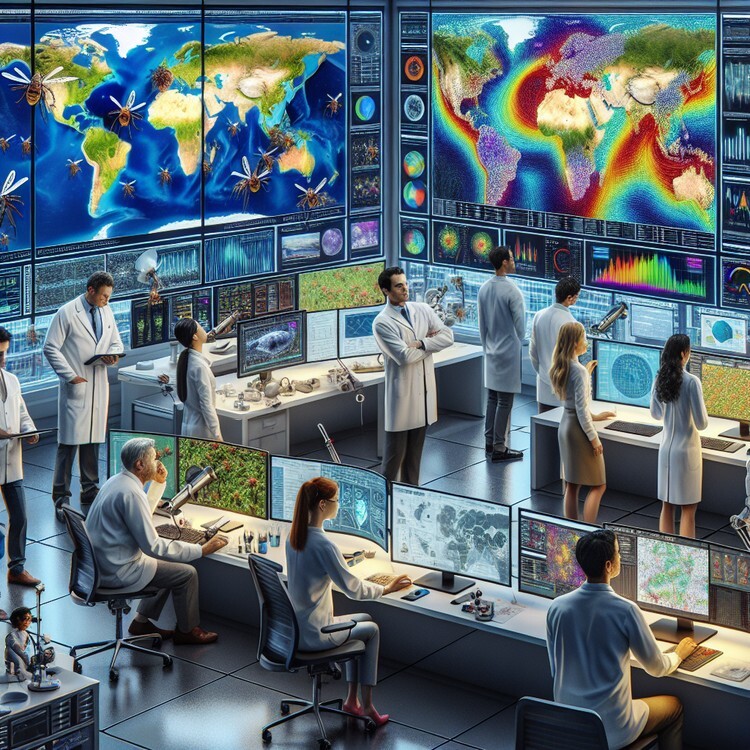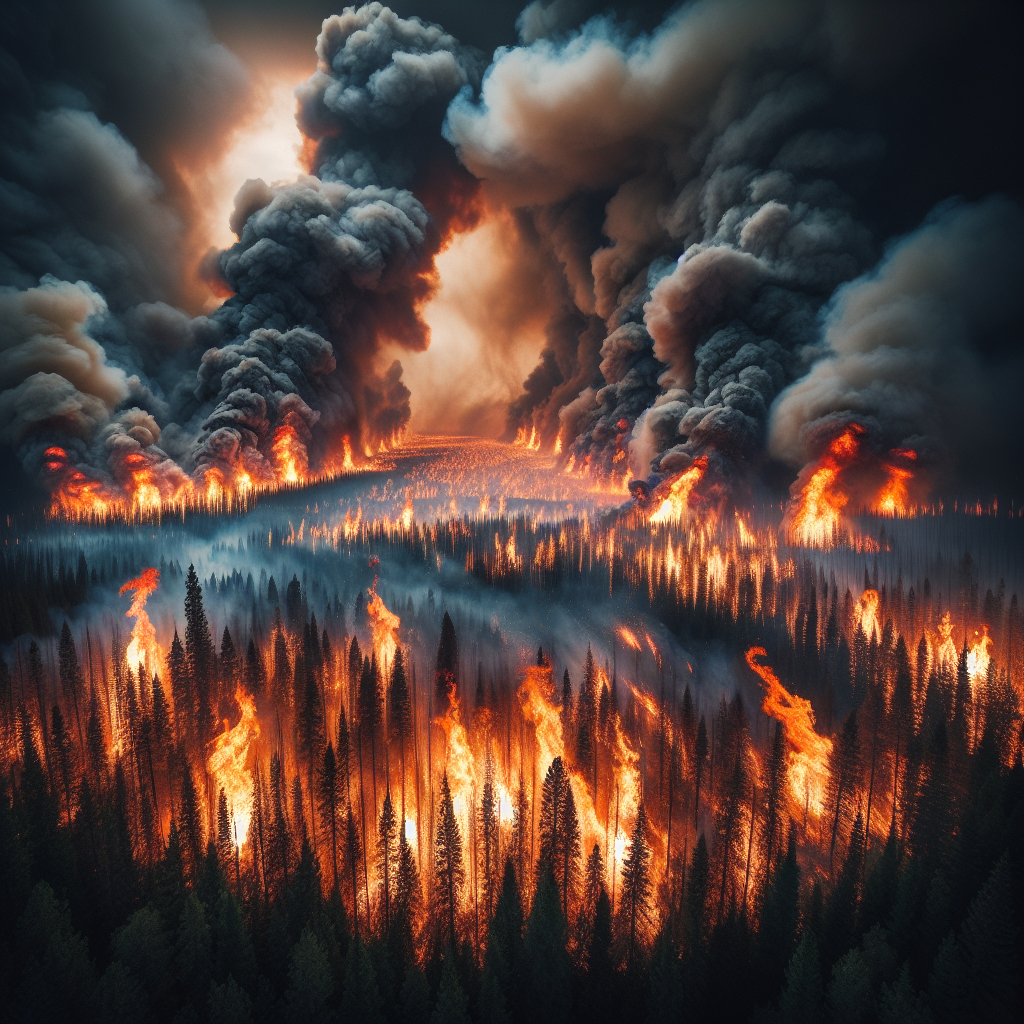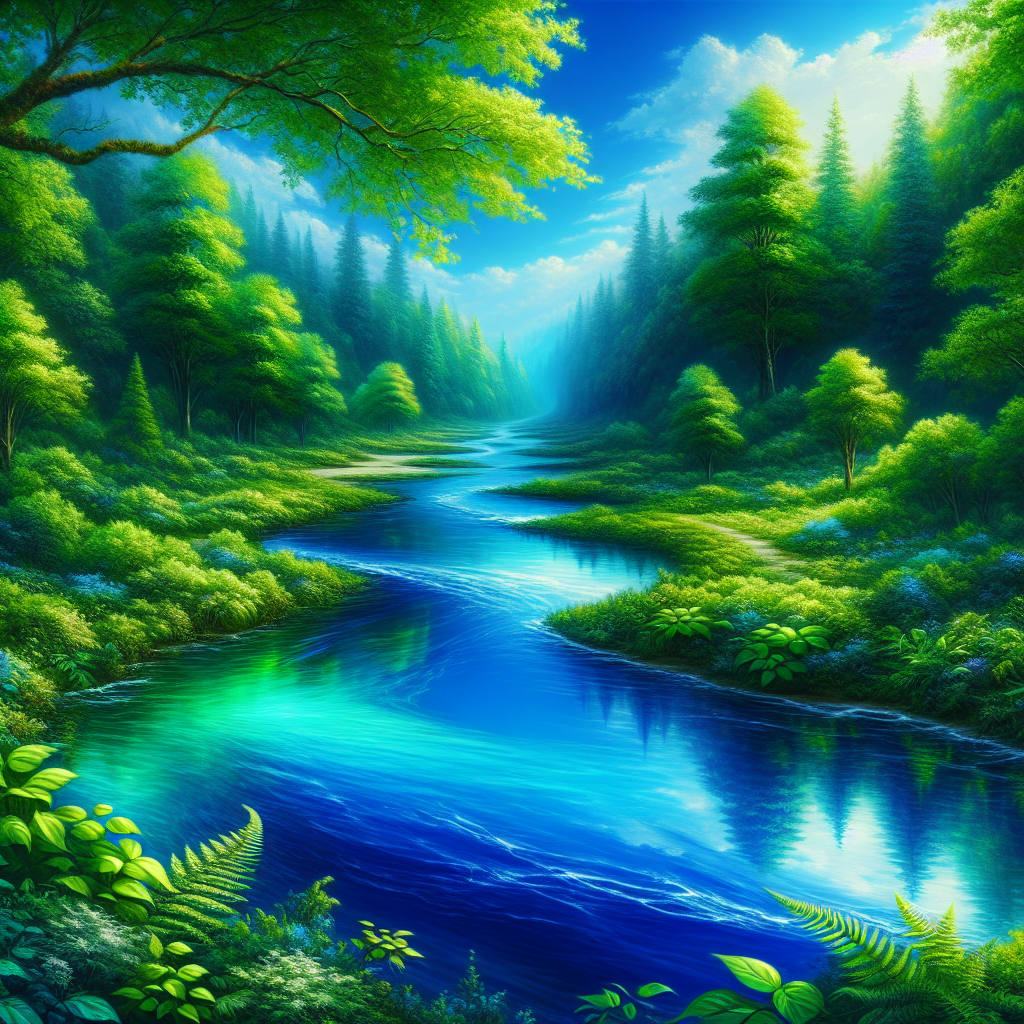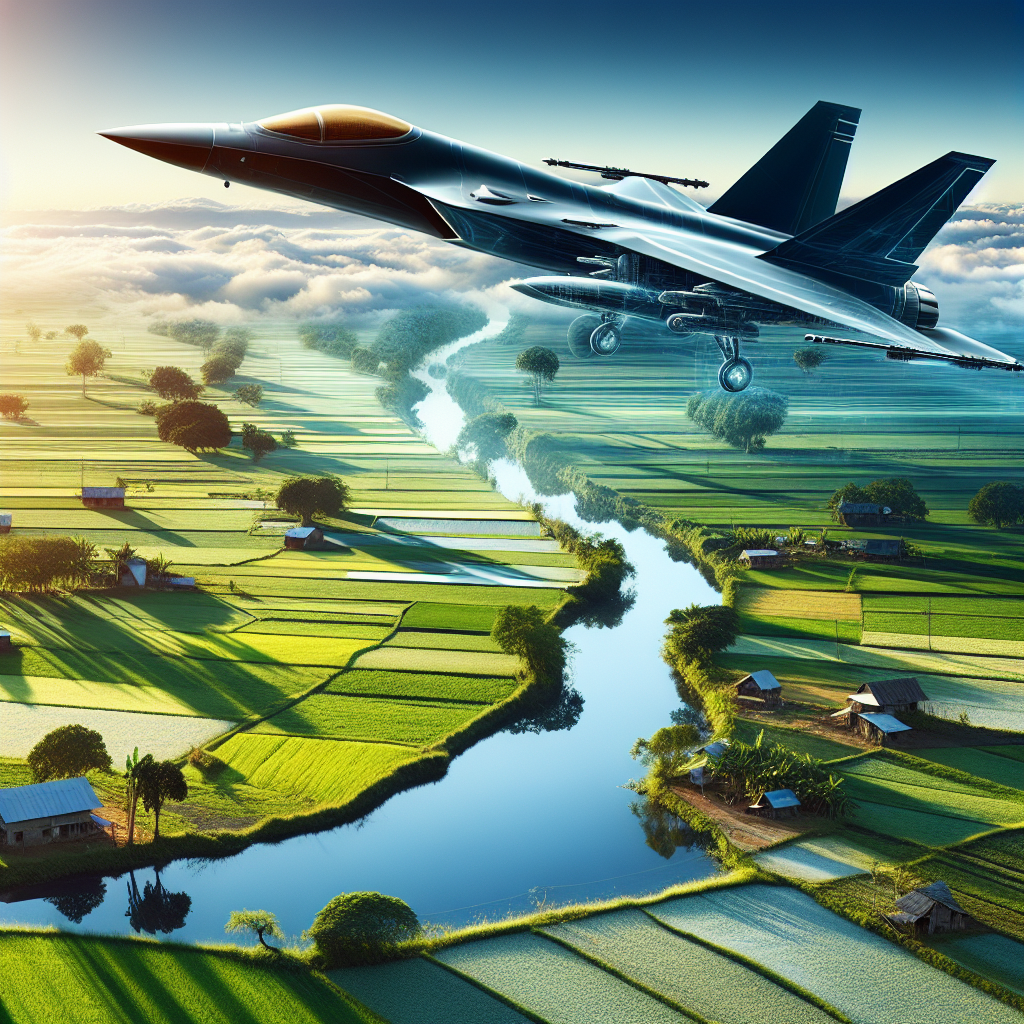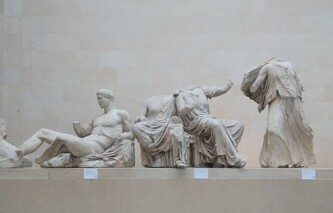Drone footage from Japan recently captured a rare event: a volcanic eruption creating a new island. The eruption started on October 21, and by early November, the island was about 100 meters wide and 20 meters tall. But because the island is fragile, it has already started to shrink due to erosion. It’s located near Iwo Jima, a southern island in Japan.
Yuji Usui, a scientist from Japan Meteorological Agency, shared these details. The footage shows smoke and the island changing as waves hit it.
This event is significant because new islands don’t form often from volcanic eruptions. The island’s creation and changes give scientists important information about how the Earth’s surface changes.
The new island has caught the attention of both scientists and the public. It’s a reminder of how our planet is always changing and offers a special chance for scientists to learn more about volcanic activity and how new land forms.
Original news source: Japan volcano: Plumes of smoke as new island emerges after eruption (BBC)
Listen
Slow
Normal
Fast
Group or Classroom Activities
Warm-up Activities:
– News Summary
Instructions: Students work in pairs. One student is the ‘reporter’ and the other is the ‘editor’. The reporter has to summarize the article in their own words within a 2-minute time limit, focusing on the who, what, where, when, and why. The editor listens and then provides feedback on the clarity and completeness of the summary.
– Sketch It
Instructions: Divide the class into small groups. Each group is given a segment of the article (e.g., the eruption, the formation of the island, the erosion, the scientific interest). They have to draw a quick sketch that represents their assigned segment without writing any words. After all groups have finished, the sketches are presented and the rest of the class has to guess which part of the article each drawing represents.
– Vocabulary Pictionary
Instructions: Write down key vocabulary from the article (e.g., eruption, island, erosion, volcanic, meteorological) on slips of paper. Students take turns drawing a slip and then have to illustrate the word on the board without speaking or writing any words or letters. Their team has one minute to guess the correct term.
– Opinion Spectrum
Instructions: Create a spectrum in the classroom ranging from ‘strongly agree’ to ‘strongly disagree’. Read out statements related to the article, such as “The formation of new islands is an exciting event that should be widely publicized” or “Studying volcanic activity is only important for scientists.” Students position themselves along the spectrum according to their opinion and then discuss their reasons with the nearest classmates.
– Future Predictions
Instructions: Ask students to write a short paragraph predicting the future of the newly formed island using future tense structures. They could consider questions like: Will the island continue to erode? Could it become inhabited? What scientific discoveries might come from it? After writing, students share their predictions with a partner and discuss the likelihood of each prediction coming true.
Comprehension Questions:
1. What natural event led to the formation of a new island in Japan?
2. When did the volcanic eruption that created the new island begin?
3. By early November, how wide and tall had the new island become?
4. Why has the new island already started to shrink?
5. Near which Japanese island is the new island located?
6. Who is Yuji Usui and what did he share about the event?
7. Why is the formation of the new island considered significant?
8. What opportunities does the new island provide for scientists?
Go to answers ⇩
Listen and Fill in the Gaps:
Drone footage from Japan recently captured a rare event: a volcanic eruption creating a new (1)______. The eruption (2)______ on (3)______ 21, and by early (4)______, the island was about 100 meters wide and 20 meters tall. But because the island is fragile, it has already started to shrink due to (5)______. It’s located near Iwo Jima, a southern island in Japan.
Yuji Usui, a (6)______ from Japan Meteorological (7)______, shared these details. The footage (8)______ smoke and the island changing as (9)______ hit it.
This event is (10)______ because new islands don’t form often from volcanic eruptions. The island’s creation and (11)______ give scientists (12)______ information about how the Earth’s surface changes.
The new island has caught the attention of both scientists and the (13)______. It’s a reminder of how our planet is always changing and (14)______ a (15)______ chance for scientists to learn more about (16)______ activity and how new land forms.
Go to answers ⇩
Discussion Questions:
Students can ask a partner these questions, or discuss them as a group.
1. What do you think about the idea of a new island appearing out of nowhere?
2. Have you ever seen a volcanic eruption before, either in person or in a video? How did you feel about it?
3. Do you think living near a volcano would be exciting or scary? Why?
4. Why do you think new islands forming is a rare event?
5. How would you feel if an island suddenly appeared near your hometown?
6. Do you like the idea of exploring a new island? What would you want to see there?
7. What is something new that you have learned about our planet recently?
8. How do you think scientists can learn from events like a new island forming?
9. Do you think the creation of new land is important for our world? Why or why not?
10. If you could name a new island, what would you call it and why?
11. How would you feel if you were a scientist studying this new island?
12. What do you think are the dangers of having an island that’s changing because of erosion?
13. Do you believe that the Earth will keep changing a lot in your lifetime? What changes do you expect?
14. Do you think the public should have access to new islands, or should they be left for scientists to study? Why?
15. What is the most interesting thing about nature that you have ever witnessed or heard about?
Individual Activities
Vocabulary Meanings:
Match each word to its meaning.
Words:
1. capture
2. fragile
3. significant
4. erosion
5. footage
6. volcanic
7. surface
8. attention
Meanings:
(a) A video or movie
(b) The outer layer of something
(c) To take a picture or video of something
(d) Easily broken or damaged
(e) Related to a volcano
(f) Noticing or focusing on something
(g) The process of wearing away or breaking down
(h) Important or meaningful
Go to answers ⇩
Multiple Choice Questions:
1. When did the volcanic eruption start?
(a) October 21
(b) November 21
(c) September 21
(d) August 21
2. How wide was the new island by early November?
(a) 100 meters
(b) 50 meters
(c) 200 meters
(d) 300 meters
3. What is causing the new island to shrink?
(a) Volcanic activity
(b) Earthquakes
(c) Erosion
(d) Strong winds
4. Where is the new island located?
(a) Near Hawaii
(b) Near Iwo Jima
(c) Near Australia
(d) Near New Zealand
5. Who shared the details about the new island?
(a) Yuji Nakamura
(b) Yuji Tanaka
(c) Yuji Suzuki
(d) Yuji Usui
6. Why is the new island’s creation significant?
(a) It’s a popular tourist spot
(b) It’s the biggest island in the world
(c) It’s a good place for fishing
(d) It gives scientists important information about the Earth’s surface changes
7. What does the new island’s creation offer a special chance for?
(a) Tourists to take pictures
(b) The public to visit a new island
(c) Scientists to learn more about volcanic activity
(d) The government to build a new city
8. What does the new island remind us of?
(a) How our planet is always the same
(b) How our planet is always changing
(c) How our planet is shrinking
(d) How our planet is disappearing
Go to answers ⇩
True or False Questions:
1. The eruption began on October 21 and by early November, the island was only 10 meters wide and 2 meters tall.
2. New islands frequently form from volcanic eruptions, making this event insignificant.
3. The island is near Iwo Jima, a southern island in Japan.
4. The new island is already starting to shrink due to erosion.
5. The new island has failed to attract the attention of both scientists and the public, providing no valuable information about how the Earth’s surface changes.
6. The footage shows smoke and the island changing as waves hit it.
7. Yuji Usui, a scientist from Japan Meteorological Agency, withheld details about the eruption.
8. A drone in Japan recently filmed a volcanic eruption creating a new island.
Go to answers ⇩
Write a Summary:
Write a summary of this news article in two sentences.
Check your writing now with the best free AI for English writing!
Writing Questions:
Answer the following questions. Write as much as you can for each answer.
Check your answers with our free English writing assistant!
1. What unusual event did drone footage from Japan capture recently?
2. How big was the new island when it was first measured, and what has happened to it since then?
3. Near which Japanese island is the new volcanic island located?
4. Why do scientists consider the formation of this new island significant?
5. Who has taken an interest in the new island, and why is it a unique opportunity for them?
Answers
Comprehension Question Answers:
1. What natural event led to the formation of a new island in Japan?
A volcanic eruption led to the formation of the new island in Japan.
2. When did the volcanic eruption that created the new island begin?
The volcanic eruption that created the new island began on October 21.
3. By early November, how wide and tall had the new island become?
By early November, the new island had become about 100 meters wide and 20 meters tall.
4. Why has the new island already started to shrink?
The new island has already started to shrink due to erosion caused by waves hitting it.
5. Near which Japanese island is the new island located?
The new island is located near Iwo Jima, a southern island in Japan.
6. Who is Yuji Usui and what did he share about the event?
Yuji Usui is a scientist from the Japan Meteorological Agency, and he shared details about the eruption and the footage showing smoke and the island changing as waves hit it.
7. Why is the formation of the new island considered significant?
The formation of the new island is considered significant because new islands don’t form often from volcanic eruptions, and it provides valuable information about how the Earth’s surface changes.
8. What opportunities does the new island provide for scientists?
The new island provides scientists with a special chance to learn more about volcanic activity and how new land forms.
Go back to questions ⇧
Listen and Fill in the Gaps Answers:
(1) island
(2) started
(3) October
(4) November
(5) erosion
(6) scientist
(7) Agency
(8) shows
(9) waves
(10) significant
(11) changes
(12) important
(13) public
(14) offers
(15) special
(16) volcanic
Go back to questions ⇧
Vocabulary Meanings Answers:
1. capture
Answer: (c) To take a picture or video of something
2. fragile
Answer: (d) Easily broken or damaged
3. significant
Answer: (h) Important or meaningful
4. erosion
Answer: (g) The process of wearing away or breaking down
5. footage
Answer: (a) A video or movie
6. volcanic
Answer: (e) Related to a volcano
7. surface
Answer: (b) The outer layer of something
8. attention
Answer: (f) Noticing or focusing on something
Go back to questions ⇧
Multiple Choice Answers:
1. When did the volcanic eruption start?
Answer: (a) October 21
2. How wide was the new island by early November?
Answer: (a) 100 meters
3. What is causing the new island to shrink?
Answer: (c) Erosion
4. Where is the new island located?
Answer: (b) Near Iwo Jima
5. Who shared the details about the new island?
Answer: (d) Yuji Usui
6. Why is the new island’s creation significant?
Answer: (d) It gives scientists important information about the Earth’s surface changes
7. What does the new island’s creation offer a special chance for?
Answer: (c) Scientists to learn more about volcanic activity
8. What does the new island remind us of?
Answer: (b) How our planet is always changing
Go back to questions ⇧
True or False Answers:
1. The eruption began on October 21 and by early November, the island was only 10 meters wide and 2 meters tall. (Answer: False)
2. New islands frequently form from volcanic eruptions, making this event insignificant. (Answer: False)
3. The island is near Iwo Jima, a southern island in Japan. (Answer: True)
4. The new island is already starting to shrink due to erosion. (Answer: True)
5. The new island has failed to attract the attention of both scientists and the public, providing no valuable information about how the Earth’s surface changes. (Answer: False)
6. The footage shows smoke and the island changing as waves hit it. (Answer: True)
7. Yuji Usui, a scientist from Japan Meteorological Agency, withheld details about the eruption. (Answer: False)
8. A drone in Japan recently filmed a volcanic eruption creating a new island. (Answer: True)
Go back to questions ⇧



